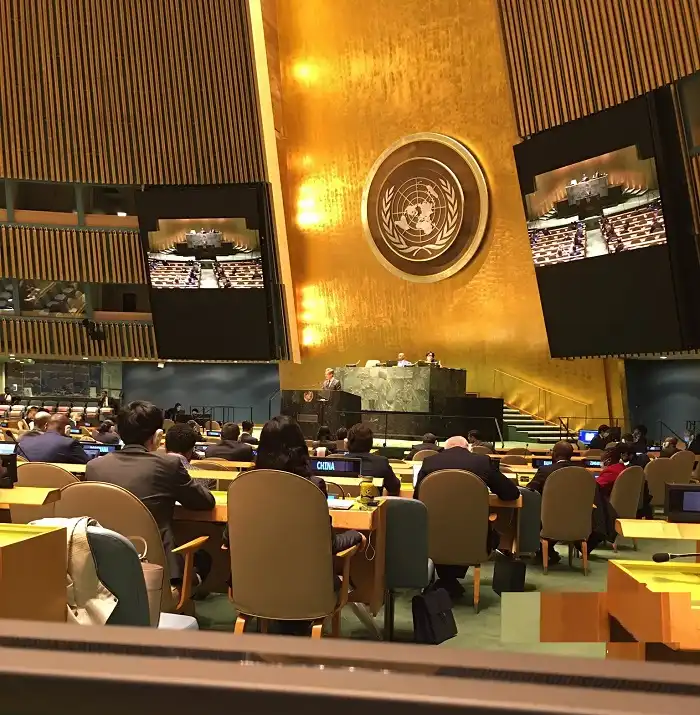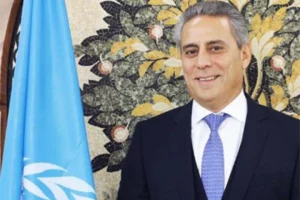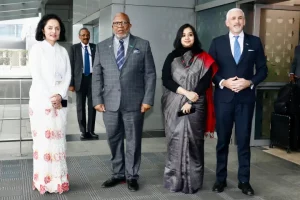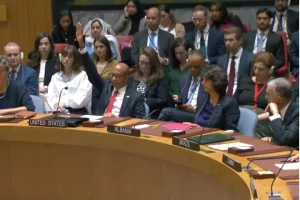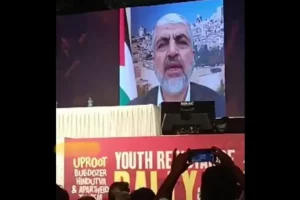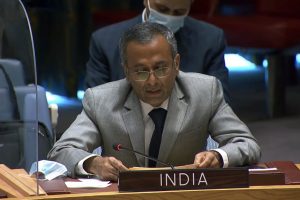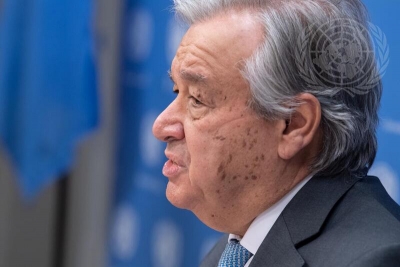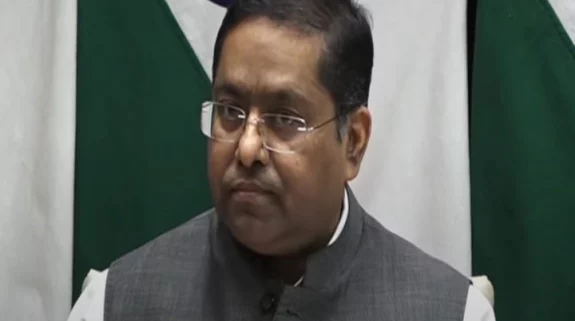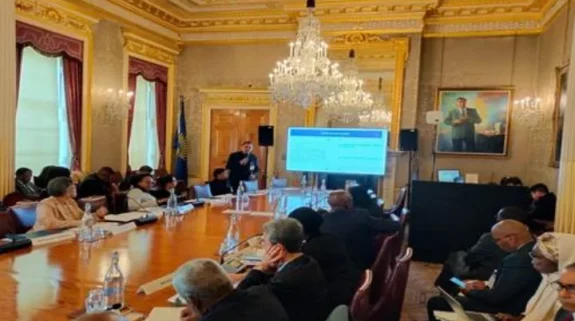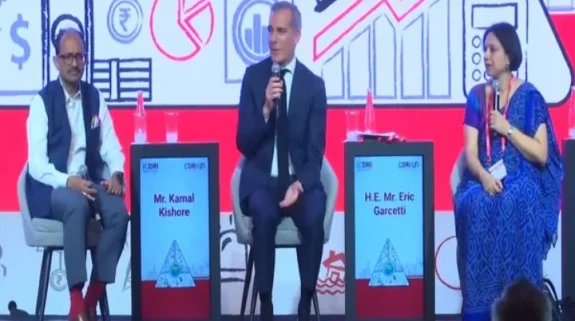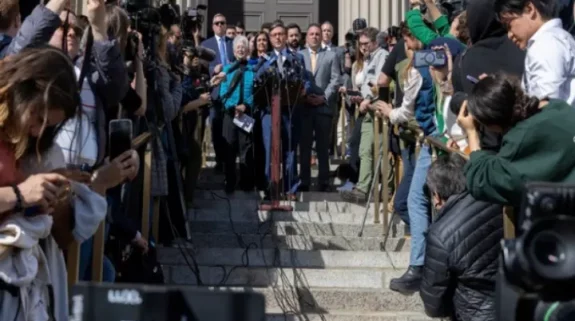India has rejected piecemeal reforms of the United Nations which grant more overseeing authority to the General Assembly.
India's objections surfaced after a resolution requiring the five permanent members of the United Nations Security Council (UNSC) to justify their use of the veto was put forth, and later passed at a plenary meeting of the United Nations General Assembly (UNGA) on Tuesday.
Liechtenstein had introduced the draft resolution titled 'Standing mandate for a General Assembly debate when a veto is cast in the Security Council', stating that work on this text began over two years ago out of a growing concern that the Security Council was having difficulty carrying out its work in accordance with the Charter of the United Nations.
Permanent members, also known as the Big Five – Russia, China, France, the United Kingdom and the United States – have the power to veto Security Council resolutions.
Now, the UNGA has decided to automatically meet within 10 days, if the veto is used in the Security Council by one of its permanent members.
However, India reminded the gathering that back in 2008, the UNGA had itself unanimously agreed that all five aspects of UNSC reform, including on the question of veto, would be decided in a comprehensive manner and therefore no single cluster could be addressed in isolation.
Explaining its position, Deputy Permanent Representative Ambassador R Ravindra said that when a group of pro-reform member states, including India, had moved a similar such initiative nearly a decade ago, which also called for an improvement in the working methods of the Council, India was accused of promoting a piecemeal approach to reforming the UNSC – a body in which New Delhi aspires to be included as a permanent member.
Consideration of draft resolution on the standing mandate for a #UNGA meeting in case of use of #Veto
📺Watch: India’s Explanation of Position by Deputy Permanent Representative Ambassador R. Ravindra @RAGUTTAHALLI ⤵️@MEAIndia pic.twitter.com/1xiJQYfyhD
— India at UN, NY (@IndiaUNNewYork) April 26, 2022
"It is therefore ironical that the same set of Member States who argue vociferously against ‘piecemeal reform’ in the IGN, are today themselves supporting a piecemeal initiative, which ignores the root cause of the problem. We therefore hope that other piecemeal efforts focusing on aspects of category of membership and working methods of the Council would be treated without any double standards and with a similar yard stick in future," said Ravindra.
India once again stressed that the only way to remedy what ails the UNSC is to make it more representative, credible and legitimate by including more underrepresented voices, including from developing countries and Africa. India also continues to fully support any initiative that genuinely furthers the objective of achieving "meaningful and comprehensive reform" of the key elements of the global multilateral architecture.
"In the context of the United Nations, this has inter alia implied bringing the structure and composition of the Security Council in line with contemporary geo-political realities, through its comprehensive reforms, across the five clusters of categories of membership, question of veto, regional representation, size of an enlarged security council and improving its working methods and improving the Council’s relationship with GA," commented the Deputy Permanent Representative.
Today, presided over the #GeneralAssembly that took action on Liechtenstein’s #VetoInitiative draft resolution which mandates a meeting of the #GA whenever a #veto is cast in the #SecurityCouncil.
The resolution 76/262, cosponsored by 83 Member States, was adopted by consensus. pic.twitter.com/mX7JKgdCXl
— UN GA President (@UN_PGA) April 26, 2022
He emphasised that India has backed delivering early and comprehensive reform of the Security Council – a task, which over years of text-less, fruitless deliberations in the IGN, remains not only unfulfilled, but blocked by those perpetuating the outdated status quo.
"In effect, a vocal minority of nay-sayers have held the entire process of Security Council reform hostage over the last four decades," said Ambassador Ravindra.
Meanwhile, diplomats of some other countries, while expressing support for the resolution, said that the veto blocked action of the Security Council no less than 17 times in the past five years. They said that the most recent use of veto by the Russian Federation highlights that there is an urgent need for veto restraint and for more transparency and accountability when the veto power is used.
Also Read: Russia's takeover of Mariupol triggers dialogue with UN chief over Ukraine






